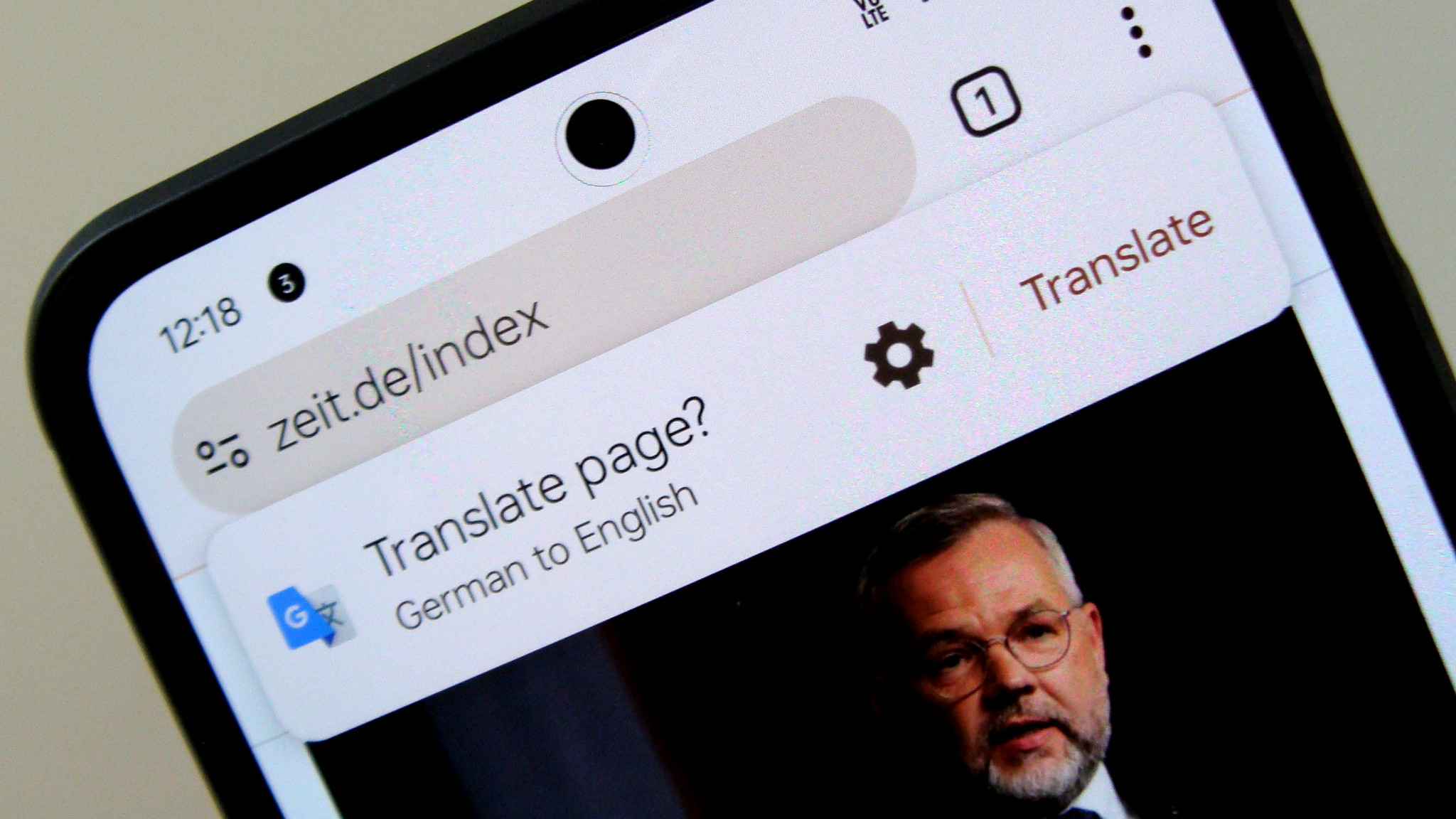It's 2021 and Google is still doing a bad job at explaining Google Messages
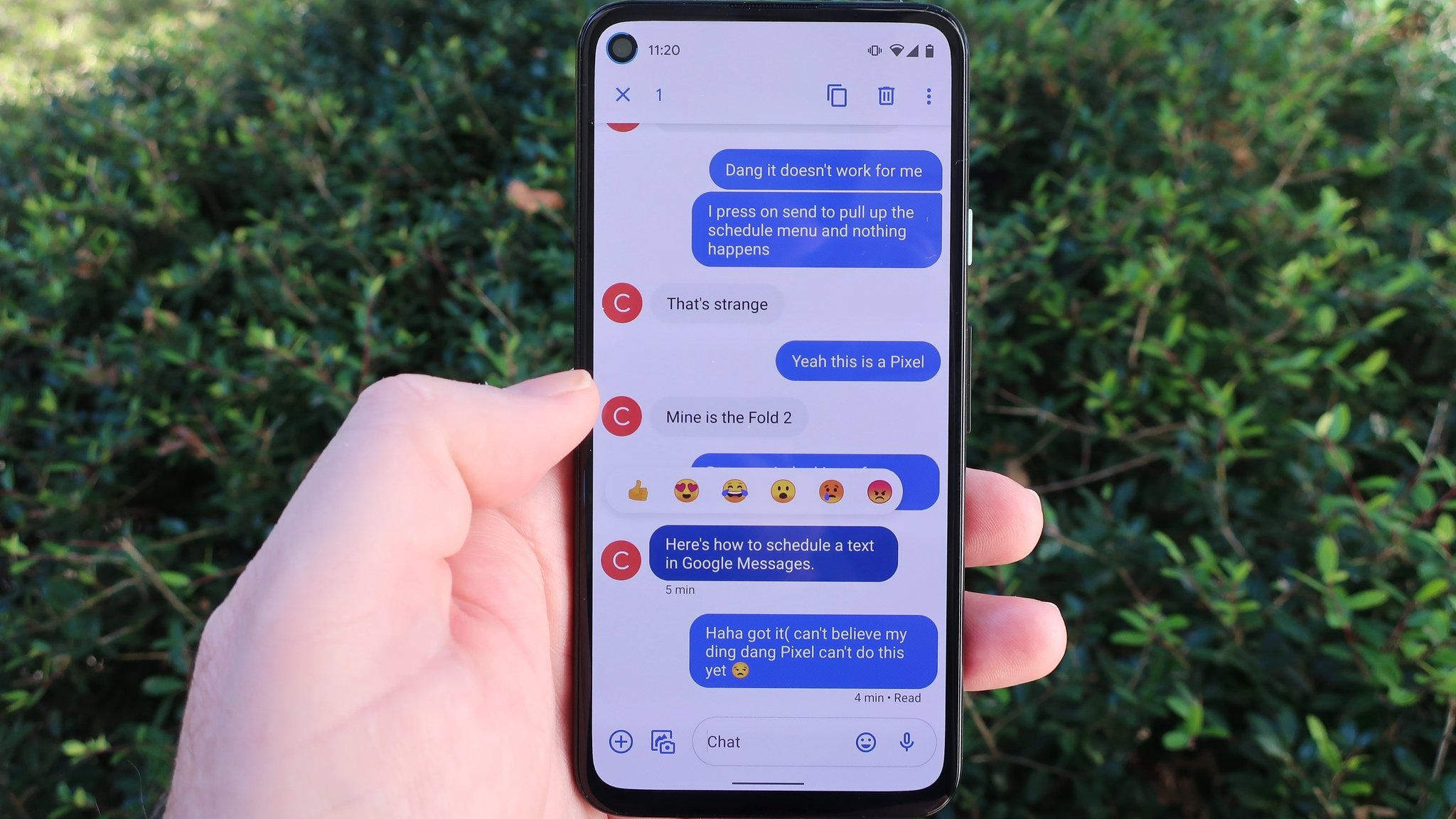
Google Messages is one of Google's most important Android apps. It's well designed, of course, as just about all Google apps are. It has a wealth of features that appeal to the early-mid 20s demographic. It's even available on every Android phone — well, all of the best Android phones anyway. It should be almost as ubiquitous as Gmail or iMessage. Yet, it's all but irrelevant in the messaging world, and for such an excellent service, that's a shame.
The reasons for Messages' failure to launch are manifold. When we talk about Google Messages and its features, it's easy for most readers of tech sites to understand why the app is the way that it is and why that is a very good thing. After all, following the development of RCS and Google's messaging journey over the years has been a narrative-driven adventure. The underdog that was Google was trying to break into the market with messaging app after messaging app, and it finally latched on a strategy that made sense. It would harness the power of the network effect and put its newest messaging service into an app most people already had, built into a framework most carriers would have to approve of. It was foolproof, in theory.
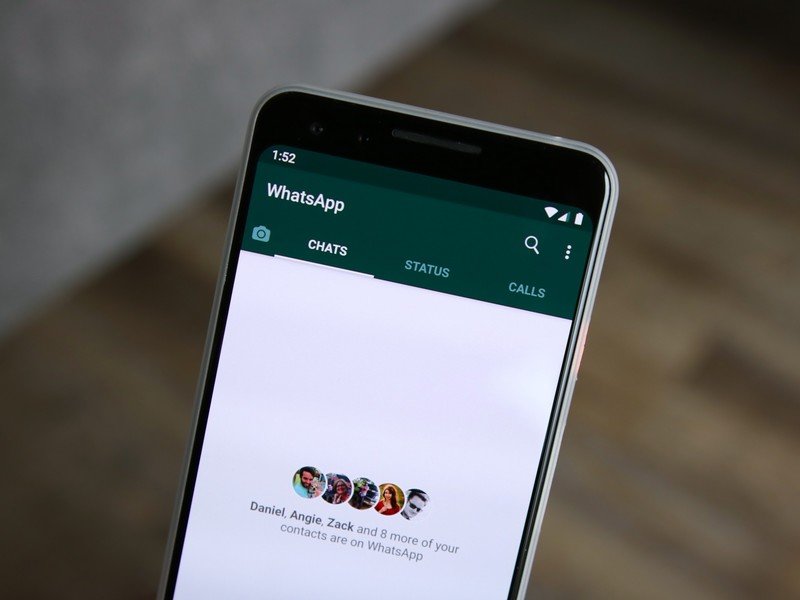
Unfortunately, the same network effect works against the adoption the app, as well. No matter how many bells and whistles a messaging app has, it's useless if it can't be used to communicate with half of its intended audience. If you're living in parts of Europe like the UK where the split can go as high 50/50 iPhone and Android, you're more likely to use a platform-agnostic messaging app to communicate. If you're in America, you're more likely to use iMessage — or just plain old SMS. Google's RCS-powered Chat features won't even pop up as an option because so many people already have iPhones. If you do have international friends or family members, the proliferation of local apps in regions where SMS is expensive will mean that again, Google Messages won't be a go-to option, and SMS-fallback will work against the app here for fee-conscious users.
It's all about the network effect
It does seem counter-intuitive for metrics to be Google's weakness here. When it comes to raw numbers, Google Messages has a larger potential audience than other messaging apps. Every Android user can use this feature. Every Android user should be able to use this app — and even if they can't message their iOS friends with RCS — there should be enough users on Android alone for this to take off as a viable alternative. It could all come down to Google's "troll-outs." Unlike Apple who releases features at once, Google tends to roll them out slowly over a long period of time.
This is a smart idea most of the time. As Jerry Hildenbrand explains, you need to make sure that most users can use this or that new feature without something fundamental going wrong. If something does break, having the ability to pause the rollout quickly means that users don't have to be left in the lurch. Unfortunately, there's also a side-effect. It means that apps or services relying on a large number of people buying into them to be useful aren't actually that useful when they launch.
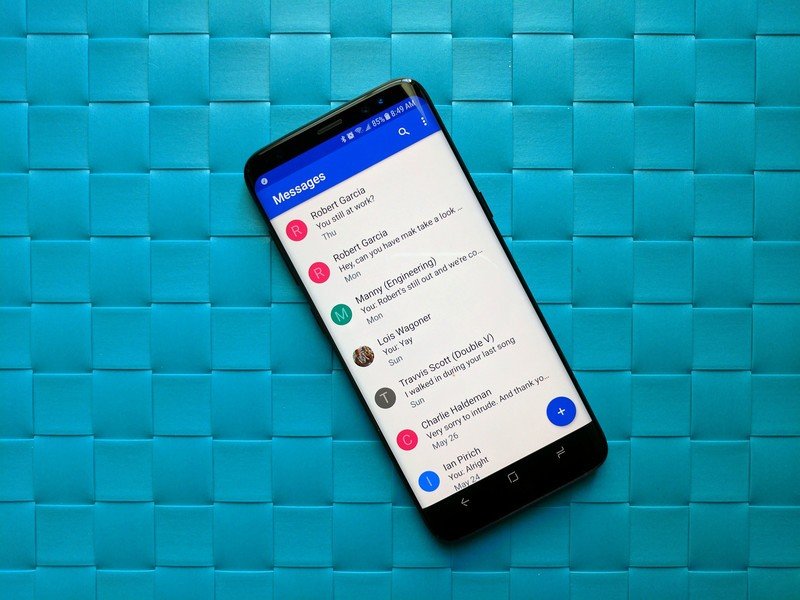
If your friend Craig can use the Google Chat in Messages, but Alice can't, you're more likely to use a third-party app instead. If Alice can, but only on Tuesdays because the server rolled it out once and then rolled it back, and Craig got it once, and then it vanished after a week when Alice changed sim-cards so then only Brenda can use it, it'll be quickly ruled out as an option. By the time the rollout is stabilized over one or two years, Google Messages wouldn't be considered an option as many people would already have actively decided against using it.
This also hamstrings Google's "messaging" about Messages. The company can't very well advertise a cool new Android feature when not everyone has it, so it misses out on its chance to tout these new features while they're still new and most interesting. Complicating that with the fact that Google Messages has already existed as an app that's a known quantity as a simple, plain, SMS app, and it's a perfect storm for irrelevance.
Be an expert in 5 minutes
Get the latest news from Android Central, your trusted companion in the world of Android
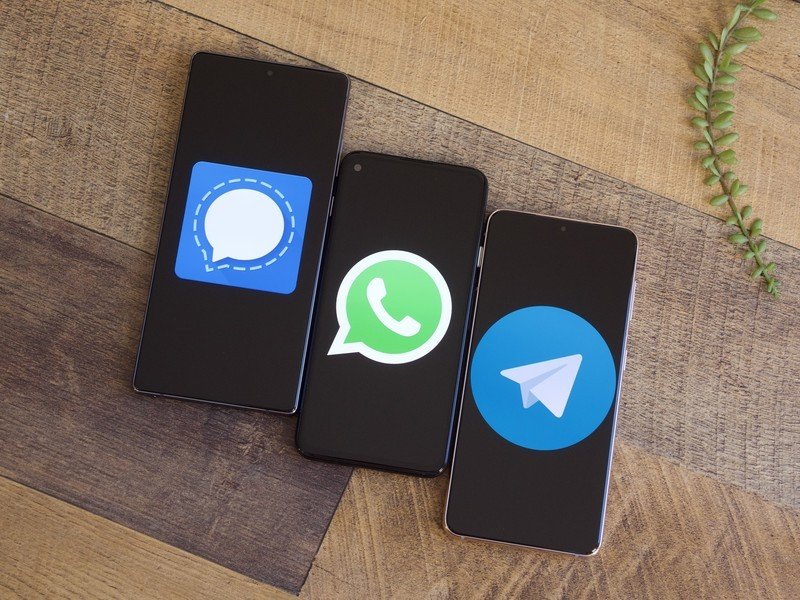
That's not to say that there is an unbreakable stalemate in the messaging app world. Look at Signal and Telegram. Both flew under the radar in relative obscurity. But fast iteration and a dedicated userbase pushed their apps steadily forward. Now Telegram boasts around 500 million daily active users, and Signal has marked itself out as a tool that's used by everyone who wants secure messaging.
Were Google better prepared with its messaging around the Messages app, it would have pounced on the credibility gap left by WhatsApp that these other two companies benefited from. Think Facebook is prying into your messages? Highlight end-to-end encryption so it can guarantee that your messages are safe. Oh, Google also integrates with Bitmoji. Isn't that fun, fellow kids? Oh, do you like Duo? There's easy access to the video calling app there. It works well with the Samsung Galaxy S21, and you won't even notice a difference from Samsung's old app. You don't even need to download another messaging app like WhatsApp; just pick it up and go. The company was delivered the perfect moment to list its selling points over Facebook's messaging apps. Rather than drop the ball, it just let it roll by.
Google wasted a perfect chance to steal users from WhatsApp.
It's worth noting Signal and Telegram are more like WhatsApp and Allo than they are Google Messages and iMessage. Yet, they remained poised to pick up customers. When using these platforms, you aren't confused about whether customers are on the platform or not; you just know. Unlike Apple, which has the brand cachet to essentially lure users into use iMessage, Google Messages isn't sexy or alluring. It's more utilitarian than anything, and users aren't flocking to it. Complicating matters is Apple. Because it has kept away from adopting RCS, it has played a huge part in keeping that technology relatively invisible.
In the meantime, we are now left with a messaging solution that has less potential reach the masses than even Hangouts or Allo. One that is primarily associated with a legacy messaging system and that is largely unavailable on the world's most popular platform. It's going to be hard to sell customers on that.

